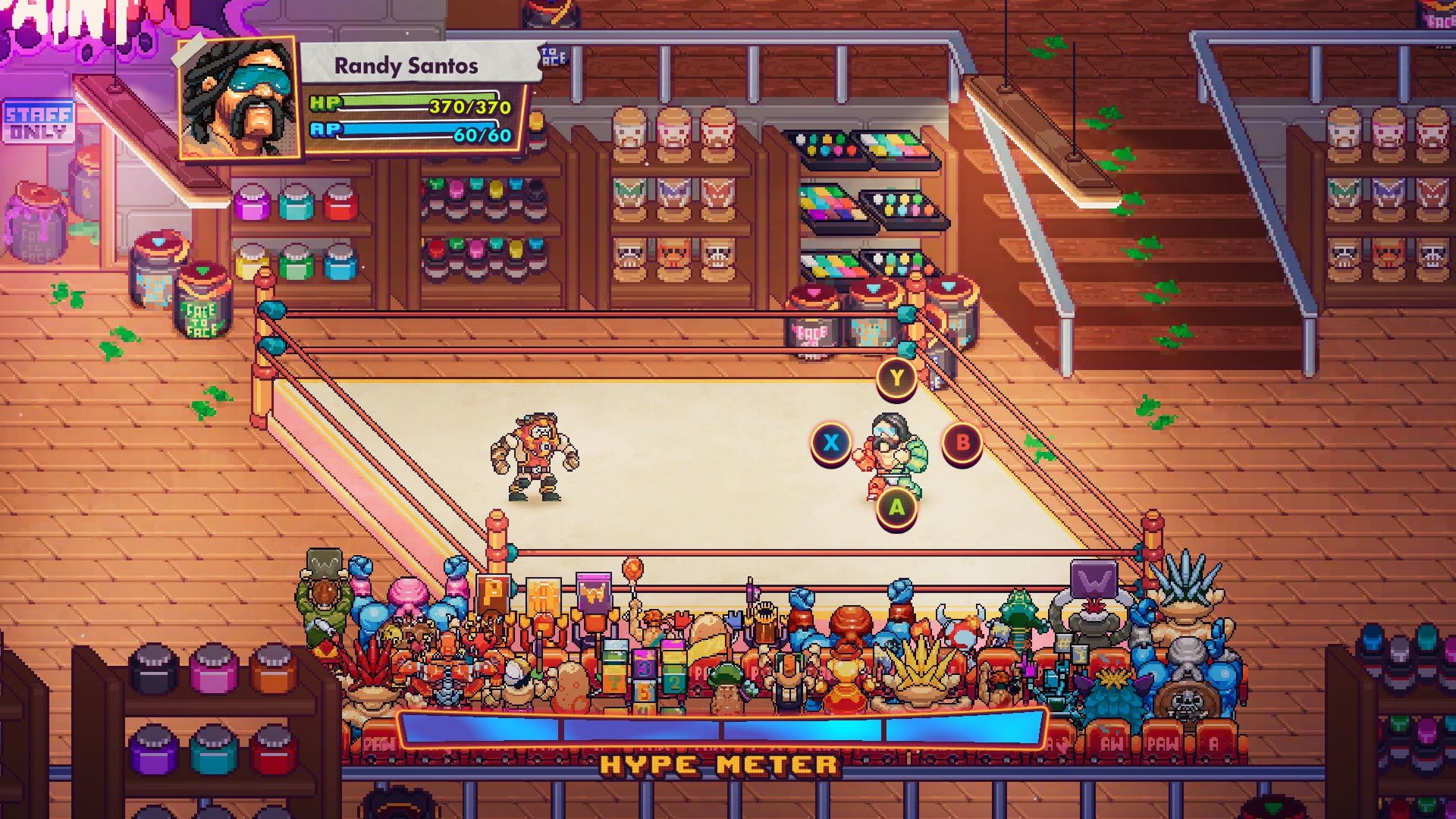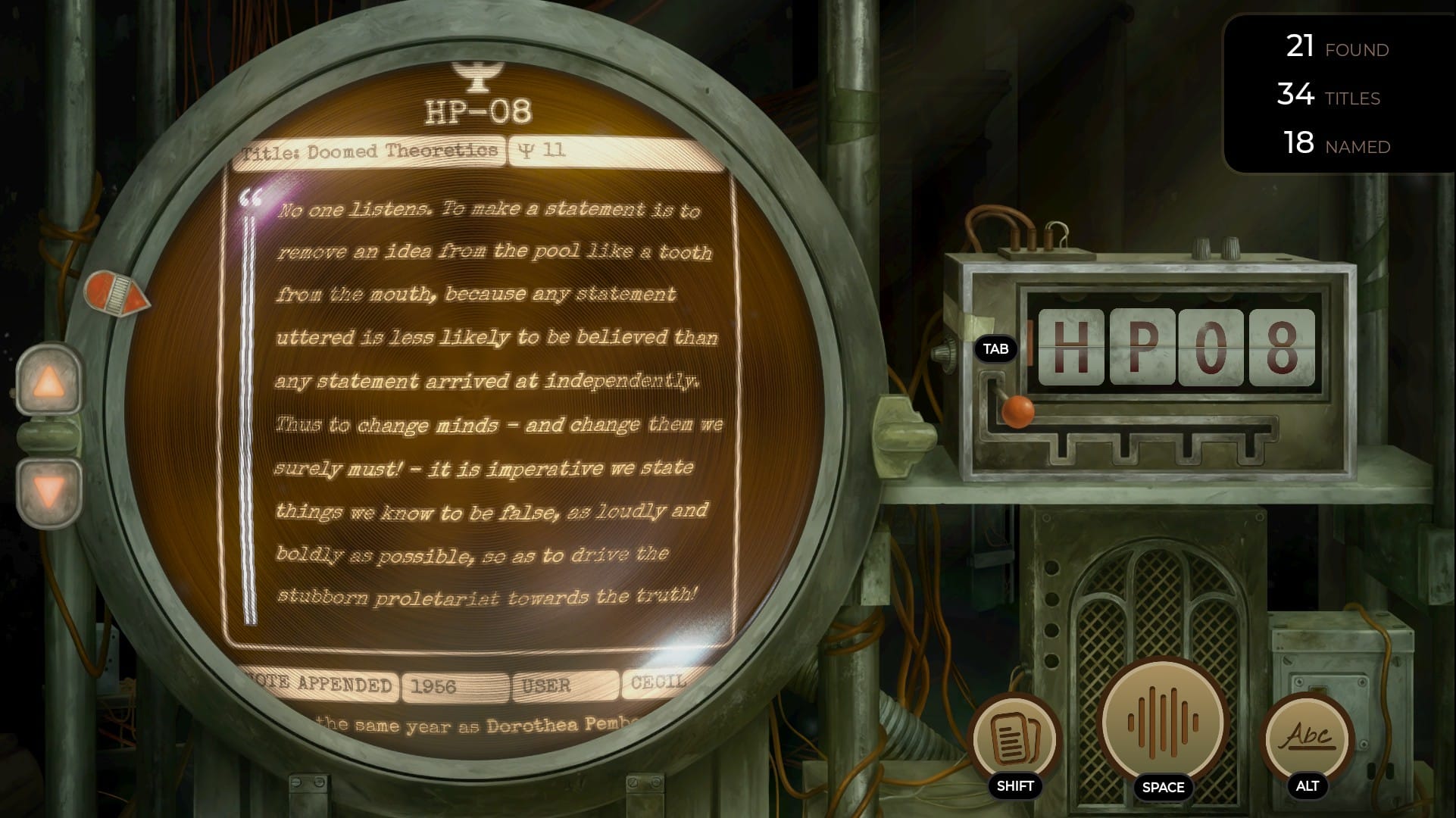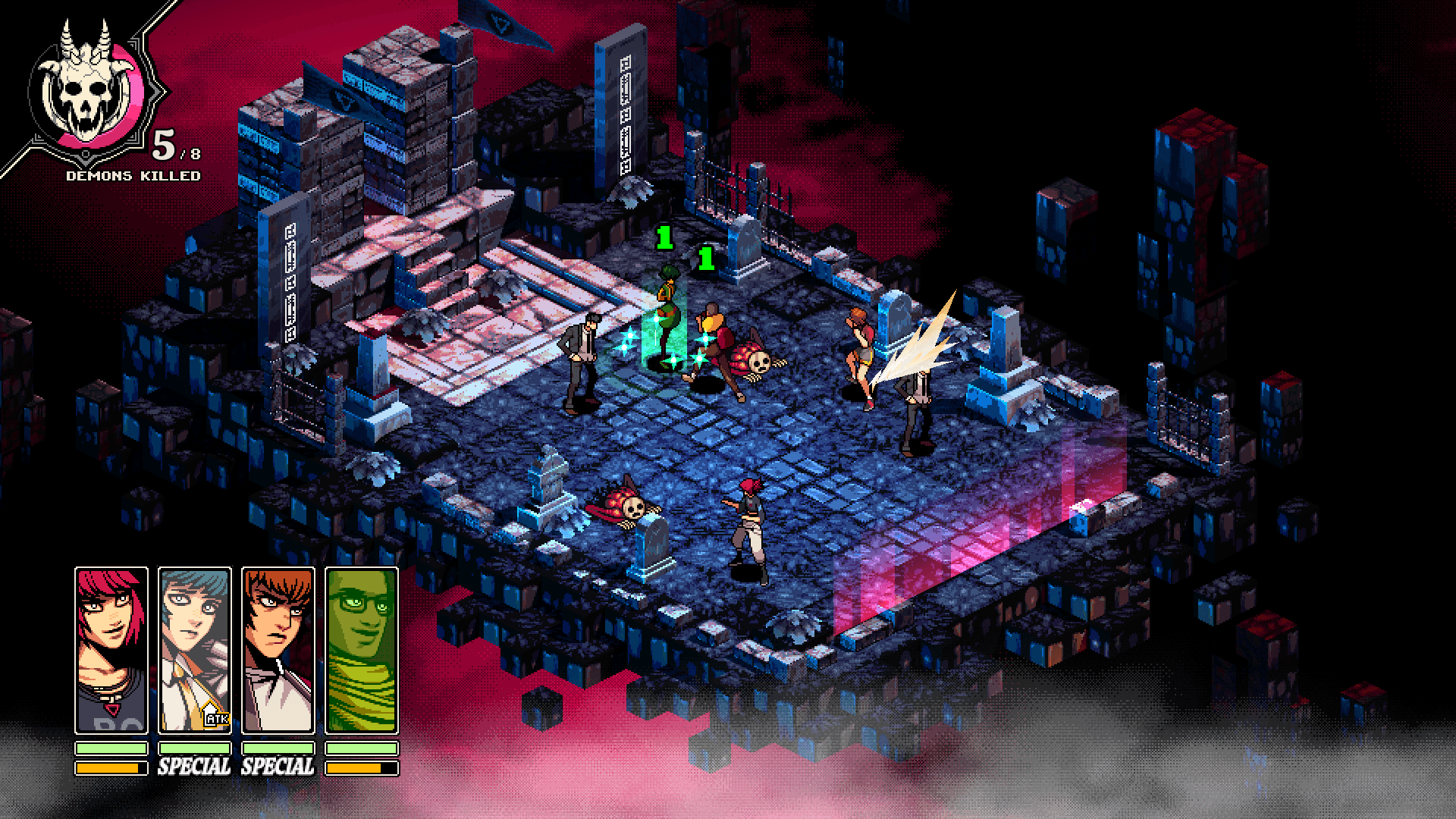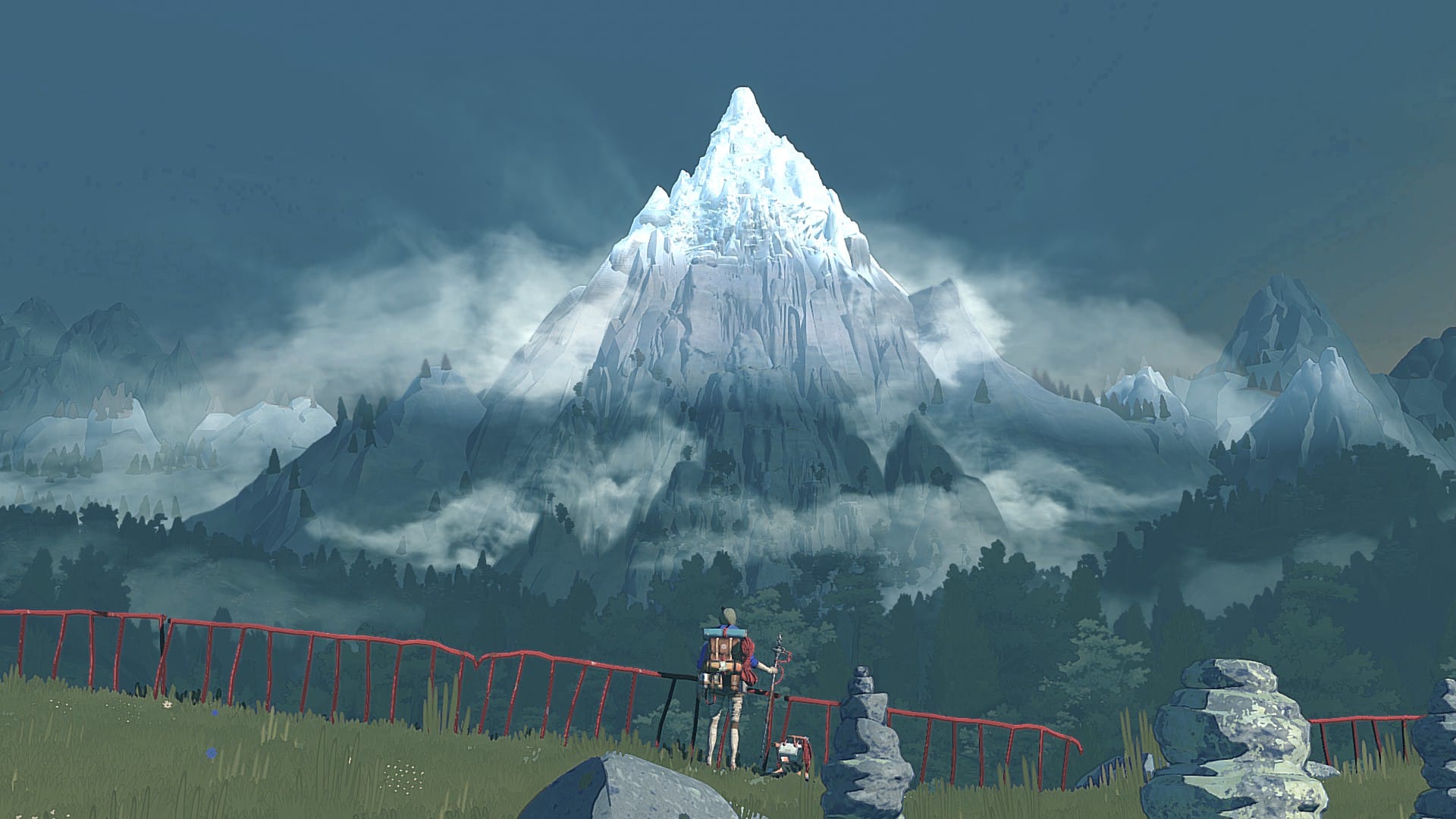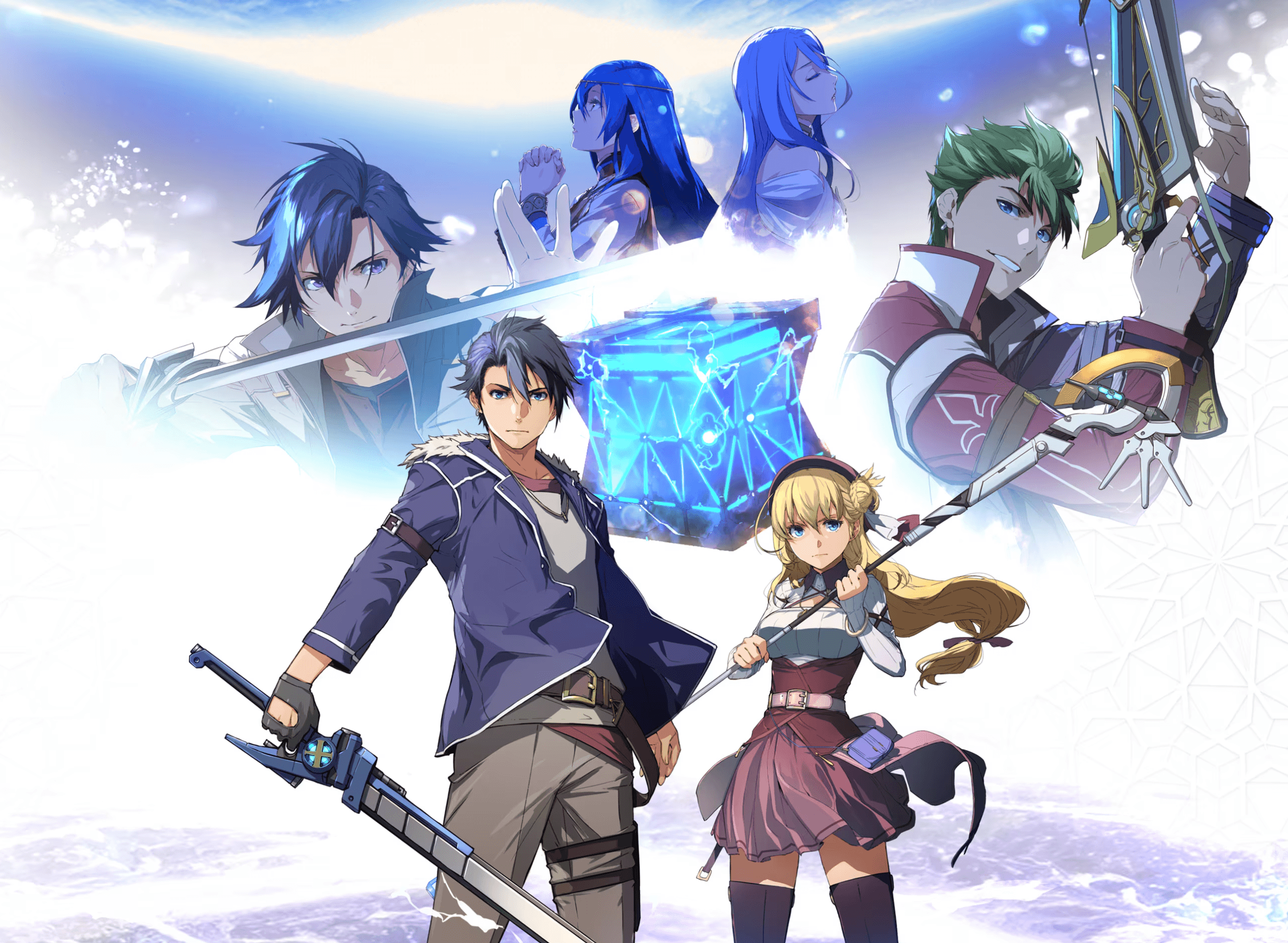WrestleQuest is a game knowingly stuck in the past. This single-player indie adventure is another revival of the Japanese RPGs of the mid-’90s. It combines these mechanics with the brash atmosphere of ‘80s American wrestling, albeit seen through a Toy Story-style action figure prism.
Developer Mega Cat Studios clearly have a deep love for and knowledge of their two influences. They ably recreate the structure and combat of games like Final Fantasy VI and Chrono Trigger, with a pretty pixel art presentation. Just as capably, they summon up the heyday of “Macho Man” Randy Savage and the British Bulldog, with all its swagger and gimmickry.
The issue is that while WrestleQuest revives these glory days, it does nothing more with them. The game lacks any spark of life to elevate it above pure nostalgia. Without an engaging story or characters, or any new ideas of its own, it immediately becomes a hollow novelty. Only those who are die hard fans of dated JRPGs or of vintage wrestling are likely to want to remain in the ring for any length of time.
The tale, such as it is, focuses initially on Randy “Muchacho Man” Santos. An action figure in a living toy-town world, he longs to climb the ladder to wrestling stardom. Along the way, he meets a wide variety of colourful characters – or at least, attempts at the same – who set out to help or hinder him. Almost everything in WrestleQuest, from its feeble humour to its billboards, is a reference to classic wrestling. Without a working knowledge of this, almost all of the writing will pass players by.

A critical flaw is that WrestleQuest juggles multiple equally uninteresting plot threads. At regular intervals, it yanks the player out of one story and into another. This robs the game of any sense of momentum, and highlights the mundane nature of the combat which makes up the bulk of the gameplay.
This is because it soon becomes clear that combat is equally monotonous, whichever character or team is in the spotlight. WrestleQuest uses an unreconstructed resurrection of a mid-’90s JRPG turn-based combat system. This is, as one might imagine, a desperately poor fit for a game ostensibly about wrestling.
Instead of speed, power, and fury, combat here is about having all the time in the world to choose banal attacks from a menu. The addition of tag teams, special attacks (called gimmicks), taunts, and lovely animations cannot disguise the bare fact of how tedious these bouts are. They are often so easy, the odds stacked so heavily in the player’s favour, that it hardly seems worth the effort to choose anything but the basic strike. Worse, the fights are hugely over-reliant on QTEs – these often amount to the player’s main interaction with the game.
Sadly, WrestleQuest is no more interesting outside of combat. The toy world is made up of excellent pixel art, but contains little that can be interacted with. This is also only an RPG in the most limited definition of the term – there is no character creation, map, dialogue options, proper quest log, or interesting systems of progression. Mega Cat Studios simply drag the player from one story thread to the next, seemingly on a whim, and into one rote match after another.
It is possible to imagine a hybrid of ‘90s JRPG and ‘80s wrestling that could be genuinely engaging, if only for a modest audience. WrestleQuest, however, is not that game. Behind the kayfabe, its obsessive adherence to dated tropes and deeply tiresome combat prove very real and sadly fatal.

